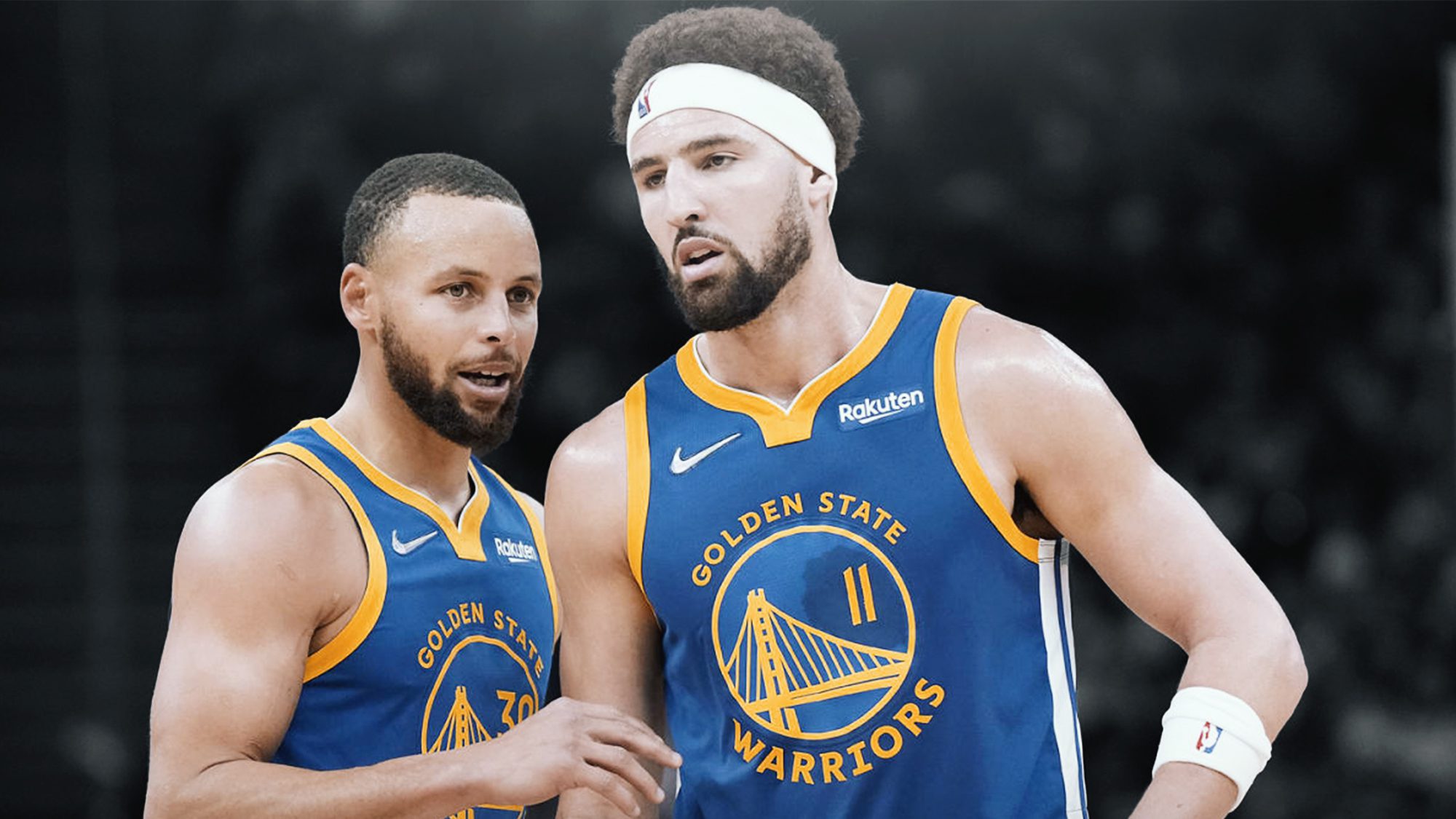With just two games in a 12-day span before beginning the Calder Cup Playoffs, the Wilkes-Barre/Scranton Penguins had ample time to prepare for Friday’s best-of-three Atlantic Division first-round series with the archrival Hershey Bears.
And amid a chaotic week for their National Hockey League affiliate, head coach J.D. Forrest’s team also had plenty of time to think before even beginning the Calder Cup Playoff run. Injuries to Pittsburgh Penguins goaltenders Tristan Jarry and Casey DeSmith meant that Wilkes-Barre/Scranton had lost both Louis Domingue and Alex D’Orio in quick succession.
Fortunately for Forrest, however, he still had Tommy Nappier in town. With just 28 career AHL appearances ― none of them in the postseason ― entering this series, the 24-year-old Nappier delivered a 23-save shutout in Game 1.
The host Penguins quickly smothered the Bears, outshooting them in the first period, 15-3, and leaving Forrest impressed. Now Wilkes-Barre/Scranton can finish the series with a win in Game 2 Sunday at Hershey.
“The first period was really wanted to accomplish right away from the start,” Forrest said, “whether it was in the offensive zone or the D zone. I thought we just played smart hockey. We didn’t give up really much of anything, and I thought that was as good of a start as we really could have had. It’s exactly what we were looking for.
“[Nappier] looked pretty relaxed to me. He’s not somebody that gets shaken too easily. He’s got a very calm demeanor that can be settling when things are going on fast around you.”
Nappier had gone 13-10-2 in 25 AHL games this season (most among Wilkes-Barre/Scranton netminders), recording a 2.87 goals-against average and an .897 save percentage.
“We love his mojo,” said defenseman P.O. Joseph, who contributed a pair of assists on goals 31 seconds apart in the first period of Game 1. “We love the confidence he has in net, and it was great to see.”
For a player like Joseph, the COVID-19 pandemic meant that Friday was his first taste of pro playoff action despite having played parts of three American Hockey League seasons. A June 2019 trade with the Arizona Coyotes for Phil Kessel brought Joseph to the Pittsburgh organization, but the 23rd overall pick in the 2017 NHL Draft had put in 136 regular-season games with Wilkes-Barre/Scranton before the pay-off of playoff hockey. And for his part, Nappier had never seen pro postseason action at any level since completing a four-year run at Ohio State last season.
“Surprisingly unflappable,” Forrest said of his young players’ adjustment to Calder Cup Playoff action. “It’s a different environment, I think everyone’s just excited to be a part of [the playoffs], to have the opportunity, really. Some teams are home now, and we get to continue our season in an environment that’s just a little bit different, a little bit higher stakes than what we’ve been through throughout the season.
“The learning experience is invaluable in helping them move forward in their careers, and it’s also a lot of fun.”
The Manitoba Moose certainly could make an argument that they simply ran into a hot goaltender Friday night in Game 1 of their best-of-five Central Division Semifinal series with the Milwaukee Admirals.
Manitoba dropped a 3-2 decision despite outshooting the Admirals, 42-21. With Connor Ingram still on recall to the Nashville Predators, the Moose instead drew Milwaukee’s Devin Cooley, who frustrated them with 40 saves. Cooley, a 24-year-old in his second pro season out of the University of Denver, had been an understudy Ingram in the regular season, making 24 appearances and going 9-10-2 with a 3.06 GAA and .898 save percentage.
“I didn’t mind our effort,” said Moose head coach Mark Morrison. “I thought we were good, we put lots of pucks at the net, probably deserved a little better fate on some of those. But that’s playoffs, you know. Most times, if you bring that kind of effort in every game in a series, you should end up on the right side.”
Still, Morrison said that the Moose could do more to complicate Game 2 for Cooley and the Admirals tonight.
“One thing that we want to do is to make sure that we’re putting pucks to the net, which we did. [But] I’m not sure we had enough traffic in front. I think he saw too many of those shots. That’s one thing we’re going to have to get stronger at.
“That’s playoff hockey. It’s getting pucks through.”
 Abbotsford Canucks general manager Ryan Johnson will go into the summer happy with the club’s coaching staff.
Abbotsford Canucks general manager Ryan Johnson will go into the summer happy with the club’s coaching staff.
In his end-of-season availability Friday afternoon, Johnson praised the work that head coach Trent Cull, associate coach Gary Agnew, assistant coach Jeff Ulmer, and the rest of the Abbotsford staff all did this season. In the team’s first season on the West Coast based near the parent Vancouver Canucks, Abbotsford finished fifth in the Pacific Division at 39-23-5-1 (.618) before falling to the Bakersfield Condors this week in their best-of-three first-round series.
“I couldn’t be happier with the job that they have done since day one,” Johnson said of the staff, “bringing in this group, their attention to detail, the support they have from our development staff. We want more young players here. We want to develop NHL players, and that’s how you build a Stanley Cup team.”
Just 15-15-3-1 at the season’s midpoint, Abbotsford went on a 24-8-2-0 tear in the second half despite an ever-changing roster hit hard by injuries and recalls to Vancouver.
To have that success, Johnson said, “You have to be a structured coaching staff. You have to have a set of values in place that players come in and execute every day. To be able to do that with players coming in and out, I don’t think people realize how hard that is on a coaching staff on a daily basis.”





